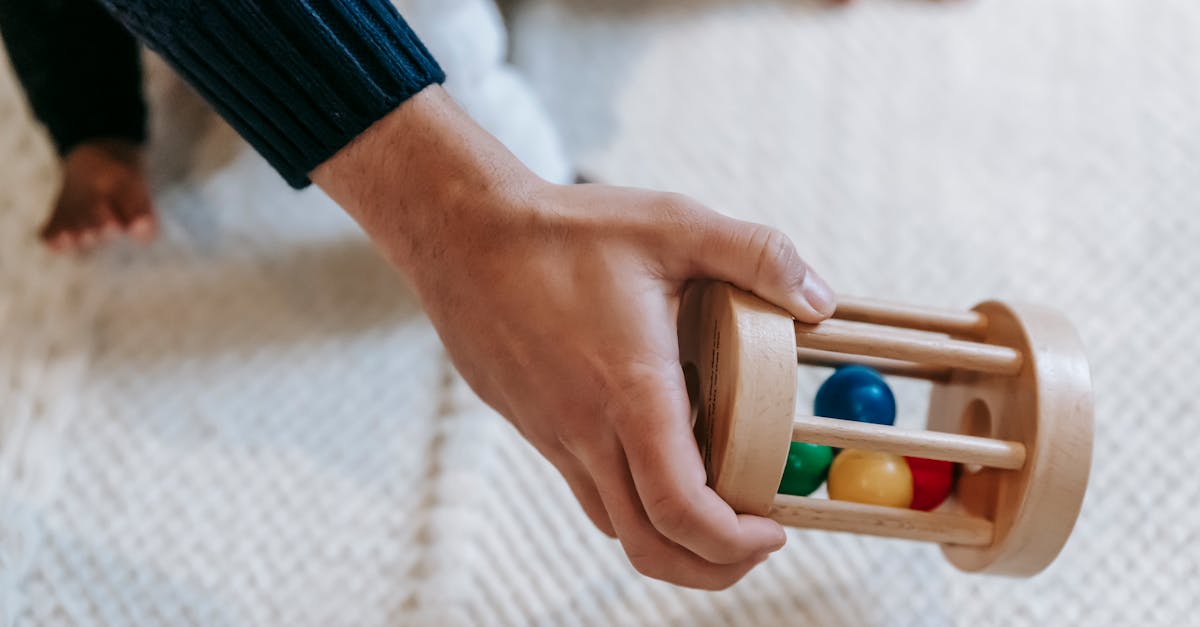Why Fine Motor Skills Matter
Fine motor skills involve small muscle movements, particularly in the hands and fingers. These skills are crucial for tasks such as writing, buttoning, and using utensils. Developing these skills in early infancy lays a strong foundation for future learning and daily activities.
Just imagine trying to button your own shirt without refined motor skills – it sounds like a never-ending circus trick!

Early Signs of Fine Motor Skills
So, what are early signs of fine motor skills? Well, think of your baby grasping a rattle, reaching for toys, or starting to self-feed with fingers. These seemingly simple actions are monumental milestones! They’re not just playing; they’re working hard to control those little muscles. Next time your baby flings peas across the room, see it as practice rather than rebellion.

Practical Tips to Enhance Motor Skills
Now, let’s talk about practical tips to bolster these skills. First, provide age-appropriate toys that encourage gripping and manipulation, like soft blocks or textured balls. Second, engage in finger plays and songs like ‘Itsy Bitsy Spider.’ Lastly, offer lots of tummy time, which strengthens hand and arm muscles. Be patient; even small successes are huge wins!

Common Emotional Challenges
Parenting comes with emotional challenges, especially concerning your child’s developmental milestones. It’s normal to feel worried if other babies seem ahead. Remember, each baby has a unique timeline, and small, consistent efforts will pay off.
Share your thoughts and experiences with other parents. You’ll find you’re not alone and can pick up useful tips.

Encourage and Engage with Your Child
Encouragement goes a long way in development. Praise your child’s efforts, no matter how small. Use positive reinforcement to motivate ongoing practice and improvement. Try new activities together to keep things fun. What’s more, invite your child to explore different textures and objects during playtime. It turns everyday moments into learning adventures!

